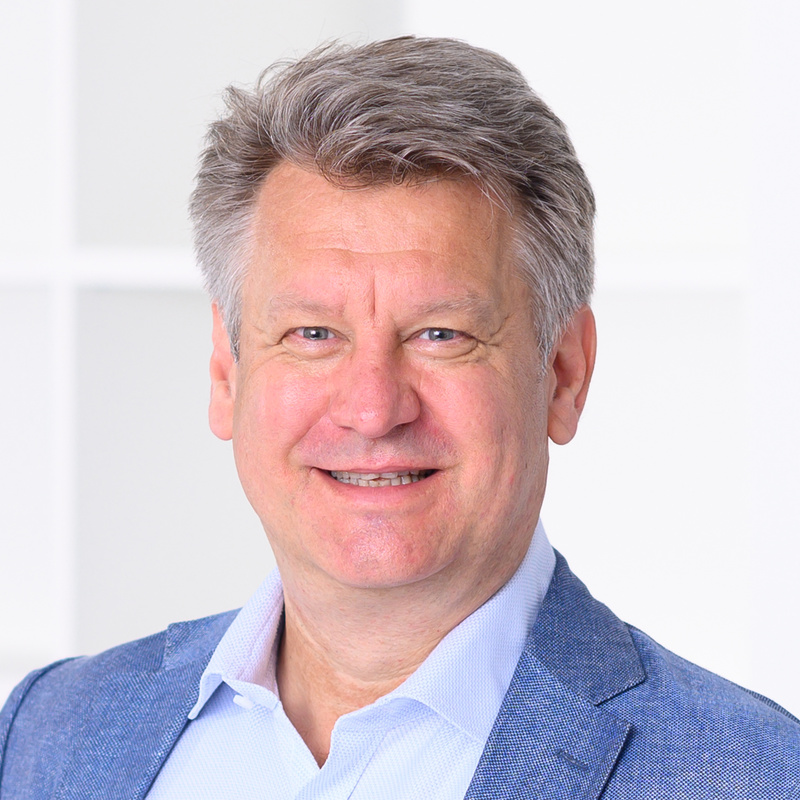
Principal Investigator
Alexander von Humboldt Professor for Biochemistry
Professor of Cancer Biology
Cell death and inflammation are closely intertwined in the development of cancer and auto-immune diseases. We aim to uncover the molecular mechanisms that underlie the functional interplay between cell death, inflammation and (auto-)immunity.
Research in our group focuses on the study of the functional interplay between cell death, inflammation and immunity in health and disease. The diseases in which we study these interactions are cancer as well as infectious, auto-immune and (neuro-)degenerative diseases. A specific focus is placed on the functional interplay between cell death, inflammation and immunity in the biology and immunology of cancer and how we can best harness the newly gained knowledge on these functional interactions therapeutically.
The aim of our research is to combine fundamental, preclinical and translational research to gain a deep understanding of the development of severe diseases such as cancer and auto-immunity with the ultimate goal of developing highly effective therapies for such diseases.
The overarching goal of our group is to provide a better understanding of the physiological and sometimes pathological interplay between cell death, inflammation and immunity. On the one hand, we aim to understand how the physiological interplay between these processes allows us to control disease; on the other hand, we want to elucidate the mechanisms how a perturbed interplay between cell death, inflammation and immunity can contribute to, or even be causative for, e.g., cancer, auto-immunity, neuro-degeneration or severe consequences of infection.
Our lab is particularly interested in unravelling how different immune and death receptor-ligand systems as well as different types of ubiquitination, including linear ubiquitination, impact the death versus survival of cells, the inflammatory response, including thereto, and how the molecular queues generated thereby affect immunity in health and disease. The ultimate aim of our research is to develop novel, effective therapies for diseases driven by a perturbed balance between cell death, inflammation and immunity. The way we aim to achieve this is by specifically inducing or preventing cell death and/or inflammation and to thereby influence how the immune system responds in a given pathological situation. An example of a specific means to achieve this is by therapeutically directing the type of death induced to convert cancer-related inflammation from being immune-regulatory to enabling the immune system to recognize and kill cancer cells.
This approach brings an entire new dimension to our lab’s central theme which is:
“The only good cancer cell is a dead cancer cell.”

Principal Investigator
Alexander von Humboldt Professor for Biochemistry
Professor of Cancer Biology